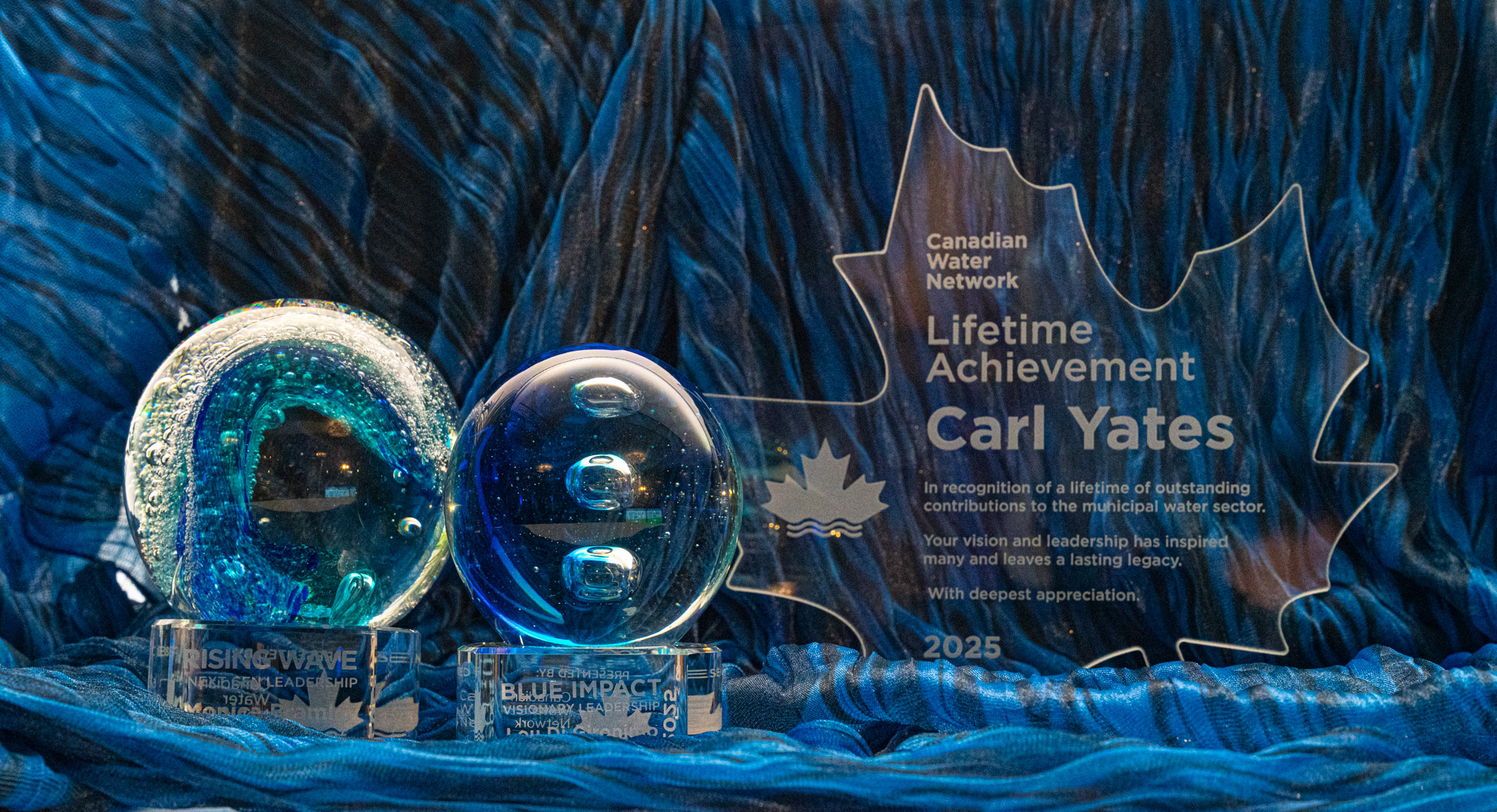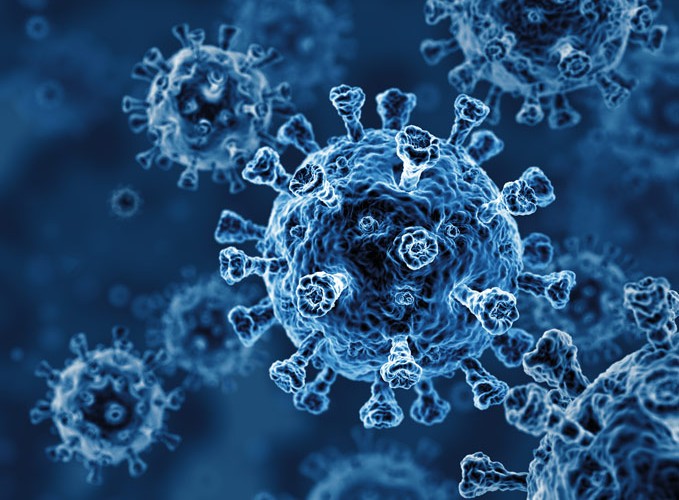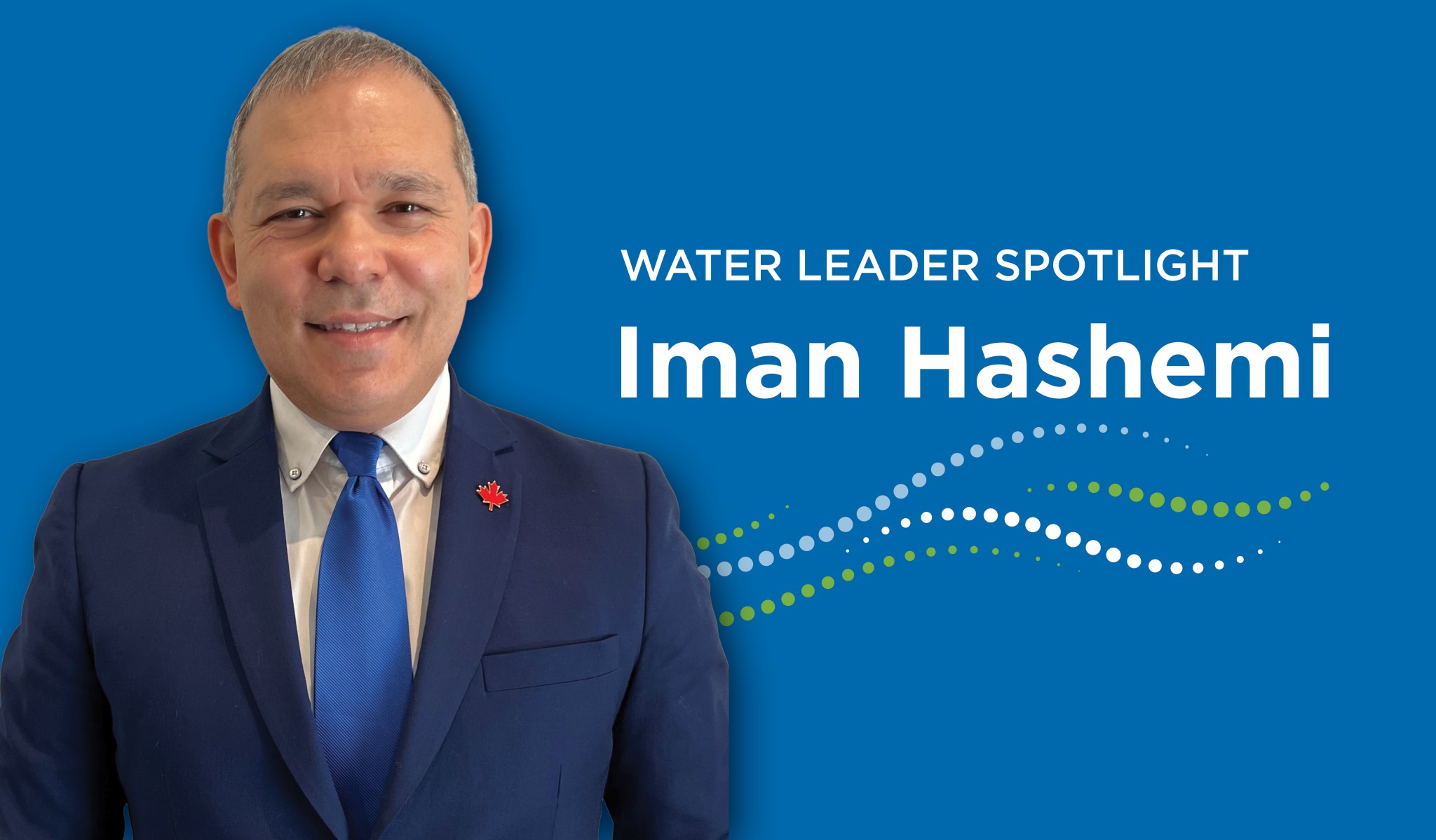Spring 2025 update from the Global Water Research Coalition
March 17, 2025
CWN’s quarterly newsletter with the latest news, insights, and thought leadership.

GWRC meeting in tandem with IWA’s International Conference on Water Reuse and Reclamation
Members of the Global Water Research Coalition (GWRC) are meeting on March 20-21 in South Africa and will attend the IWA International Conference on Water Reclamation and Reuse from March 16-19. CWN’s CEO Nicola Crawhall will attend an exclusive global roundtable on water availability and contribute to an IWA panel on building water security. Watch for our updates on LinkedIn!
Quantifying and addressing the contribution of water and wastewater to the emerging risk of antimicrobial resistance
Antimicrobial medicines are the cornerstone of modern medicine. The emergence and spread of drug-resistant pathogens threaten our ability to treat common infections and safely perform medical procedures. Drug-resistant infections also impact the health of animals and plants, threatening food security.
In January, GWRC released the report, Antimicrobial Resistance in the Water Environment, which was led by TheWater Research Foundation (WRF) and supported by the Dutch water research institute, STOWA. The study identified key research gaps needed to understand the context for water and wastewater-related sources, as well as source attribution within a One Health approach.
Antimicrobial resistance (AMR) poses a critical global challenge, with environmental factors such as wastewater treatment plants (WWTPs) playing a significant role in AMR evolution and dissemination. Quantifying the contributions of water and wastewater environments to the antimicrobial resistance (AMR) burden of disease can help to prioritize risk mitigation resources.
While WWTPs are crucial for reducing antimicrobials and antibiotic-resistant bacteria, concerns remain regarding the amplification and release of problematic mobile genetic elements, along with gene/bacterial combinations from WWTP.
Identified needs include:
- Contextualization of water and wastewater-related sources within a broader One Health framework.
- Environmental surveillance.
- Laboratory measurement method development/standardization and high-throughput sequencing methods.
- Fate and transport of AMR in the environment.
- Governance for AMR policies and issues.
- Communication of AMR risks to various stakeholders.
- Community engagement for addressing AMR.
- Considerations specific to management and environmental dissemination in low- and middle-income settings.
Download the report on the GWRC website at Antibiotic Resistance in the Water Environment.












